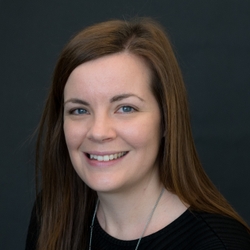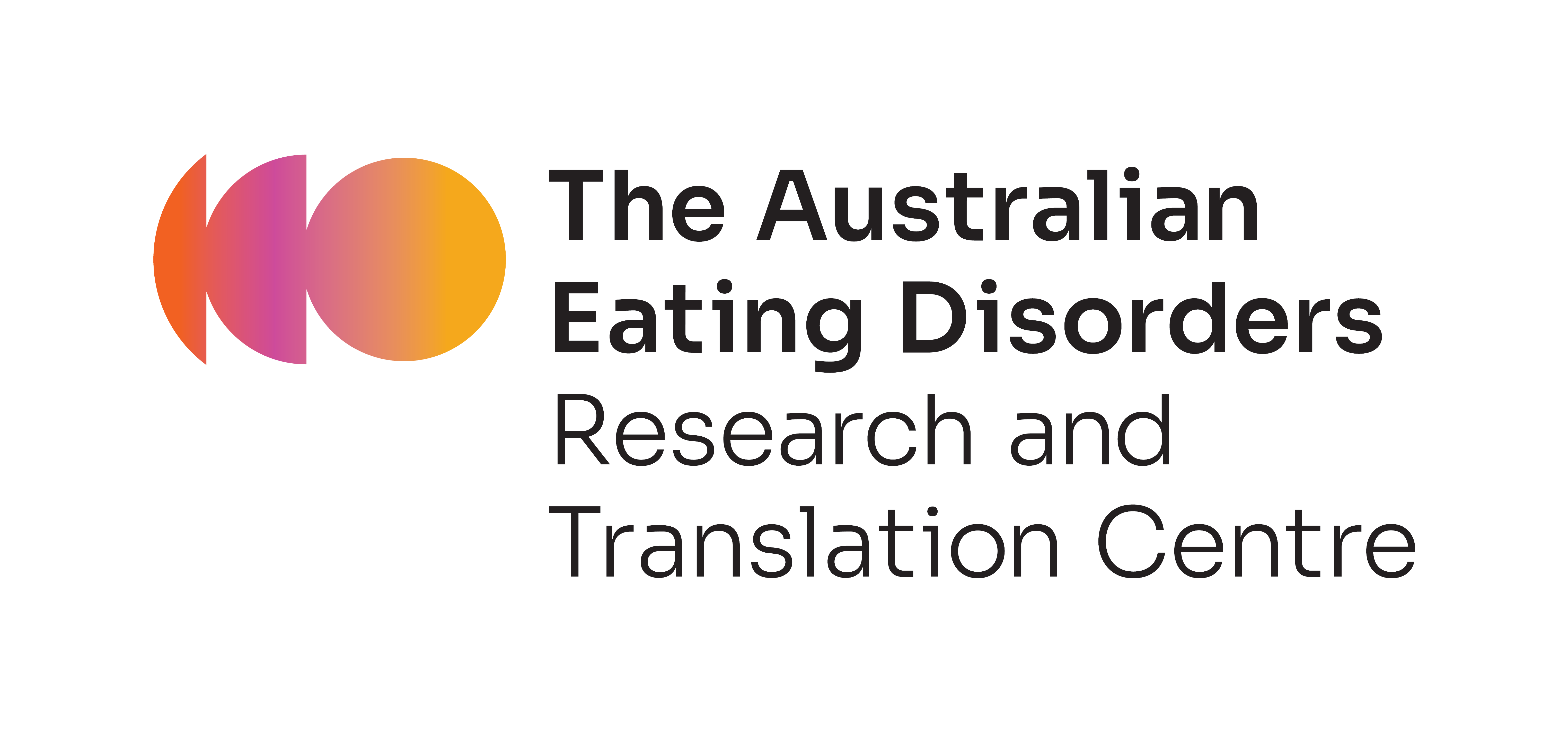We are only as strong as our weakest link - Improving the transition from hospital to home for adults with eating disorders

Dr Kylie Matthews-Rensch
Royal Brisbane and Women's Hospital, University of Western Sydney
Affiliate Authors
Dr Adrienne Young, QLD Health;
Ms Amy Hannigan, QLD Eating Disorder Service;
Ms Amanda Davis, QLD Eating Disorder Service;
Ms Rea Nolan, QLD Eating Disorder Service;
Ms Belinda Chelius, Eating Disorder QLD;
Ms Lisa Jones, Consumer Co-lead;
My name is Kylie, and I am a researcher and dietitian at the Royal Brisbane and Women’s Hospital. Since the start of COVID-19 in 2020, our hospital admissions for people with eating disorders requiring urgent medical care have increased from 100 to 150 per year. Unfortunately, due to this high rate, we do not have a lot of care options once they’ve finished their admission with us, meaning that 100 of our patients are going home with limited support and awaiting outpatient care. Our research team is planning to work with people with lived experience, community groups and Eating Disorder Queensland in order to find out how best to support these patients that are going home. We hope to have recommendations created by early next year to organise a support program for these patients who are at high risk of losing contact with the health system.
